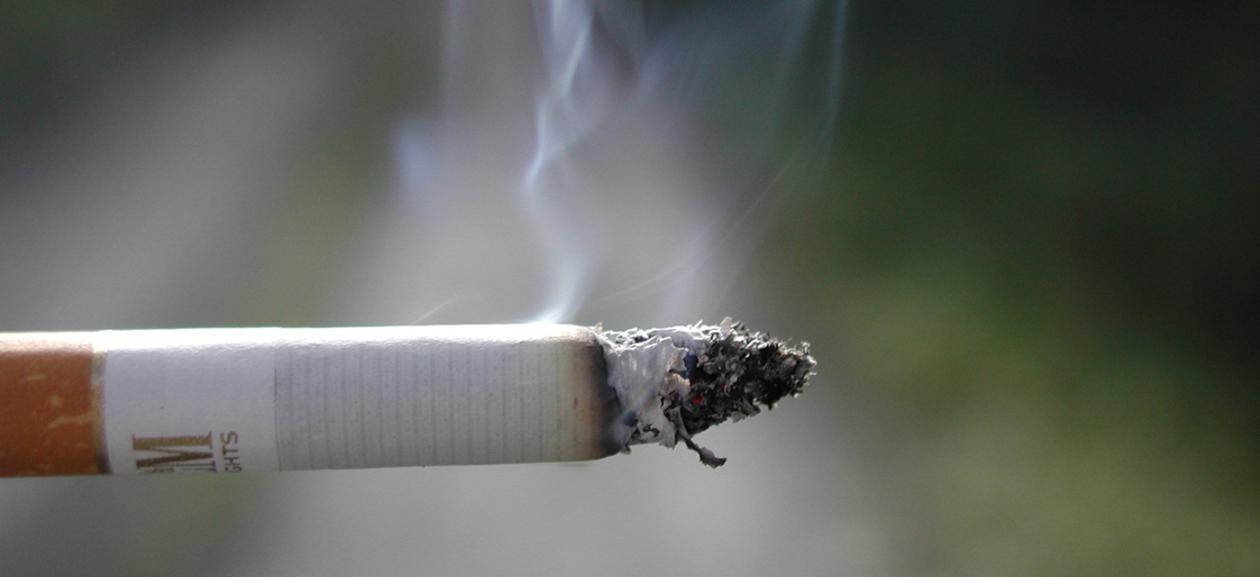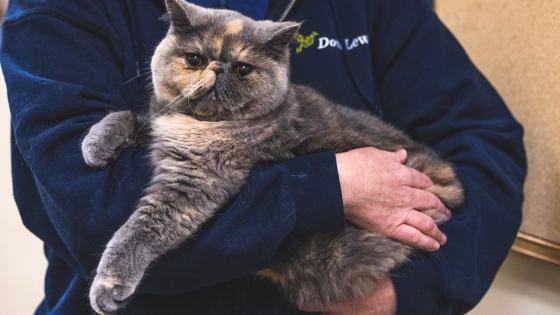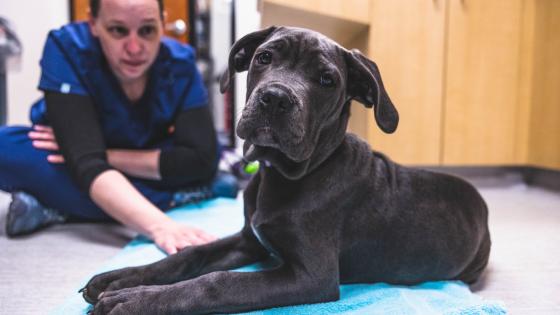
Cigarettes, Cigars, Tobacco and Nicotine Are Toxic to Pets
Most people know that smoking is bad for your health, but how many of us think about the dangers of tobacco, cigarettes and smoking around pets?
With a recent reminder from the FDA, now is your opportunity to consider the health risks to animals who are exposed to toxic second-hand and third-hand smoke—and make sure you’re not lighting up around your four-legged family members.
Studies have shown that smoking around pets can put them at risk for respiratory problems, allergies, and—just as we hear too-often with people—cancer. In fact, some studies show higher lung cancer rates in dogs with shorter noses, like boxers and bulldogs, who live with smokers.
It’s not just the smoke that can harm your pets, either. Nicotine itself is toxic, so your pet may be harmed if they ingest cigarette butts; if they drink water that has cigarette butts floating in it; or if they ingest things like nicotine patches or nicotine gum.
Smokeless tobacco, such as chewing tobacco or snuff, is a significant nicotine ingestion concern seen at emergency veterinary practices. “Smokeless tobacco is designed to taste good for human use, so it is not surprising that pets are more likely to ingest those products than a cigarette,” said staff surgeon Dr. Coby Richter.
Dr. Richter said she also still regularly encounters people participating in the dangerous practice of using tobacco (usually chewing tobacco) to “deworm” their pets. “Before the development of true de-wormers—antiparasitic agents or anthelmintics—tobacco was the only choice, and it did actually work to clear certain gastrointestinal worms in pets. However, it is also toxic, non-specific, and ineffective overall, with the real risk of serious illness of death of the pet.”
Watch your pet for signs of nicotine or tobacco ingestion
Ingesting even one cigarette butt can be potentially fatal for some animals, depending on their size. So watch for signs of nicotine or tobacco poisoning in your dog or cat, which can include:
• Drooling
• Twitching or tremors
• Small pupils
• Hallucinations
• Heart-racing
• Vomiting
• Diarrhea
If you are worried your pet has ingested tobacco or nicotine, call your primary care veterinarian or DoveLewis immediately at 503-228-7281.



